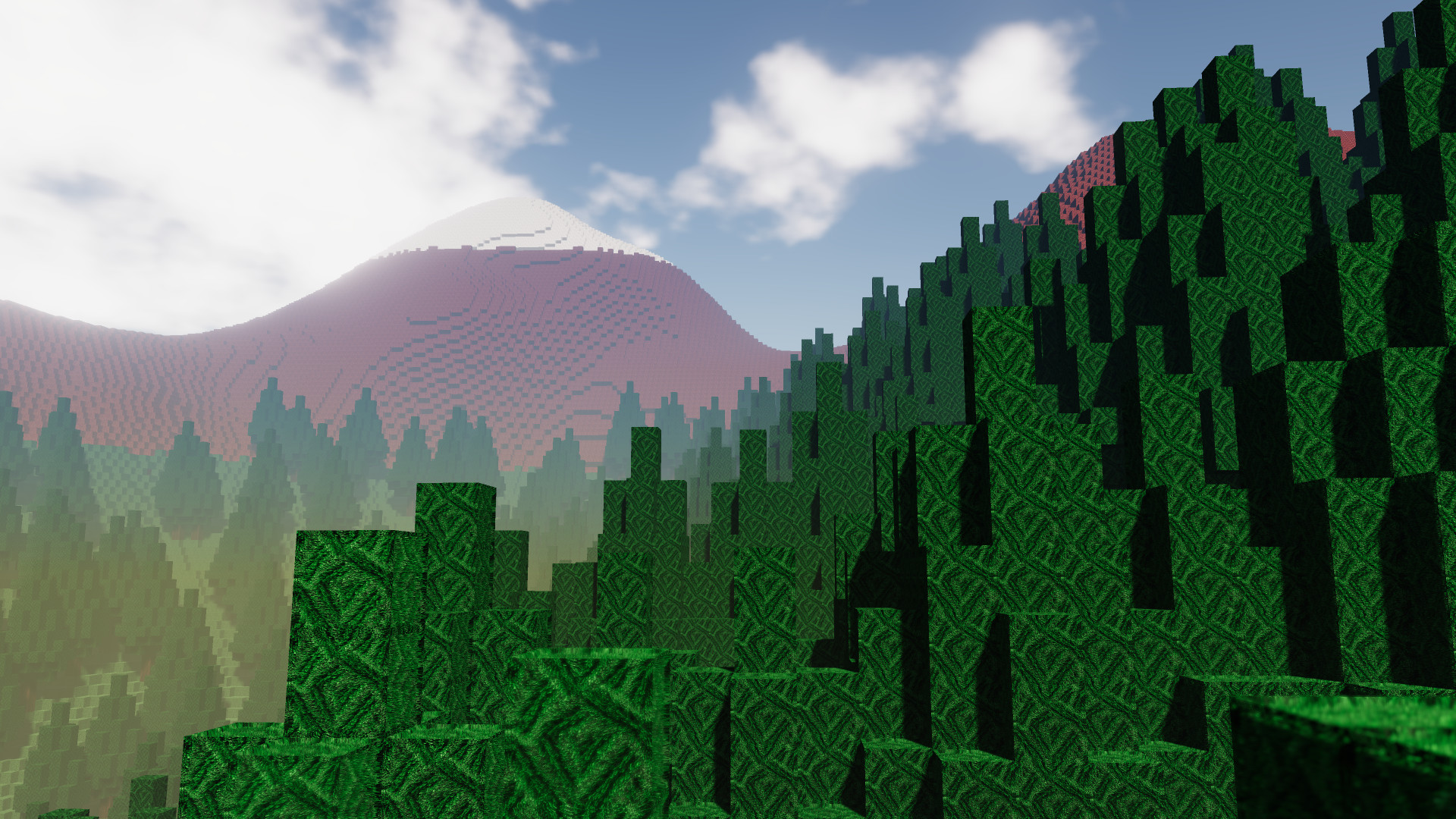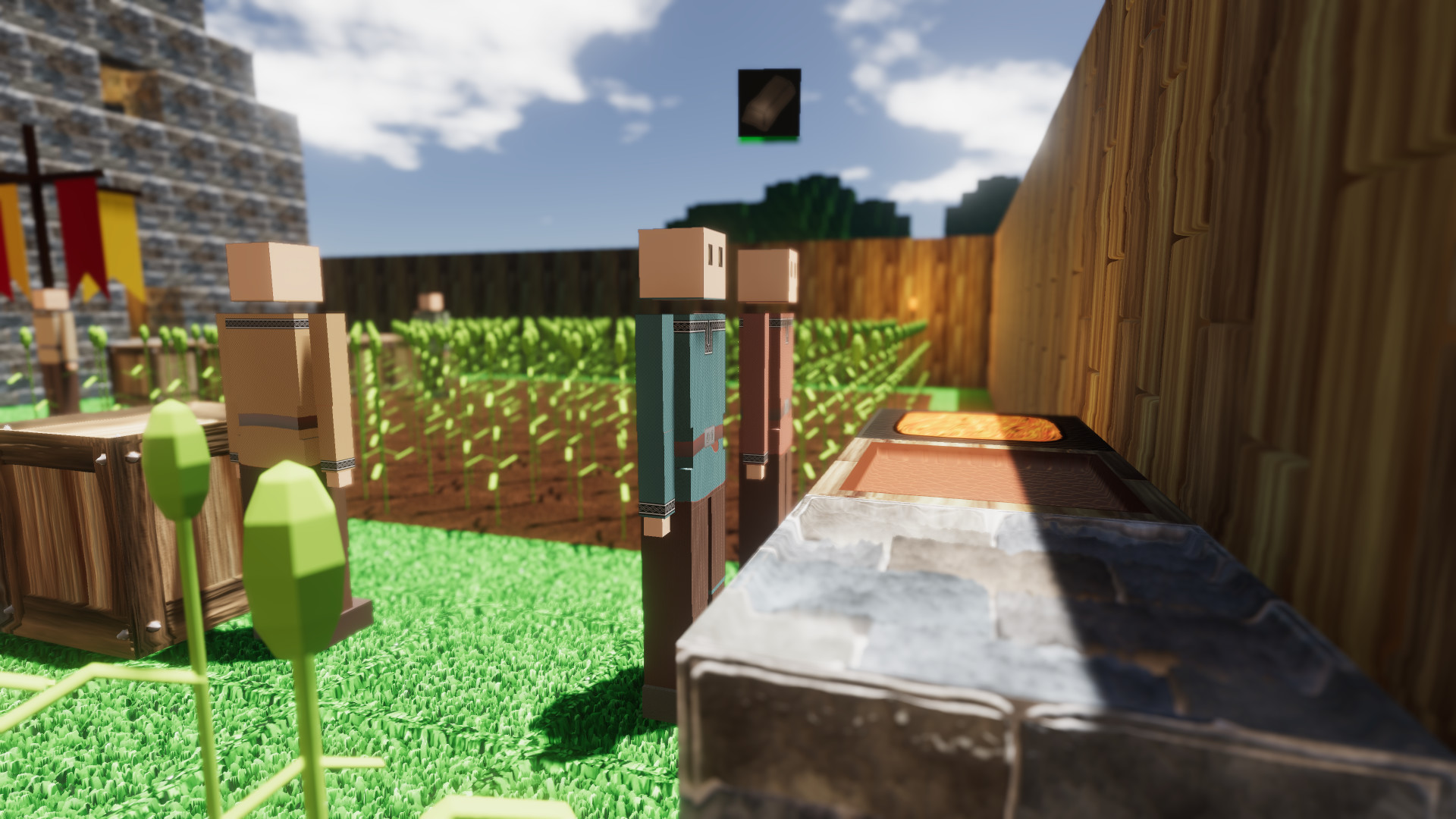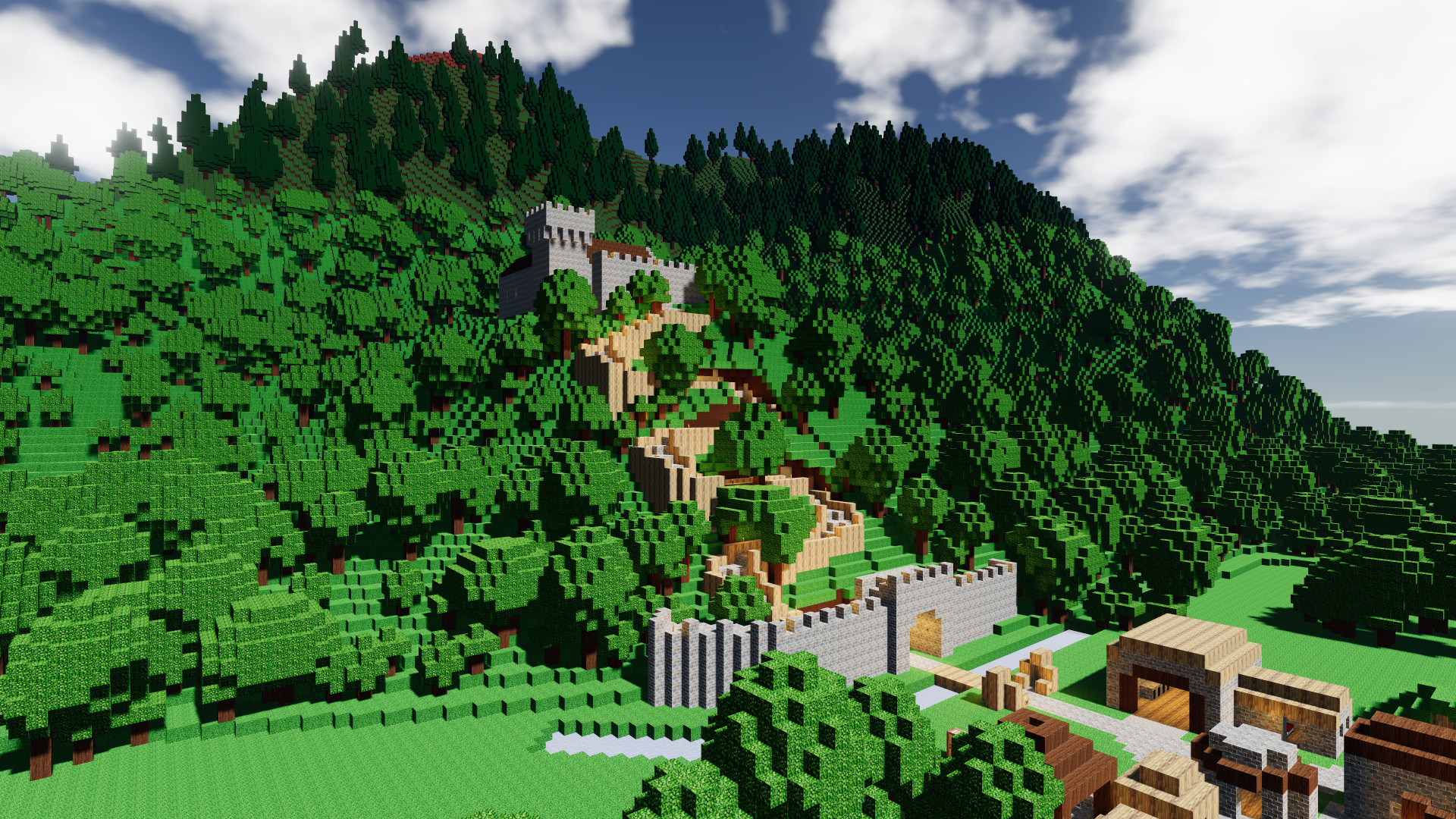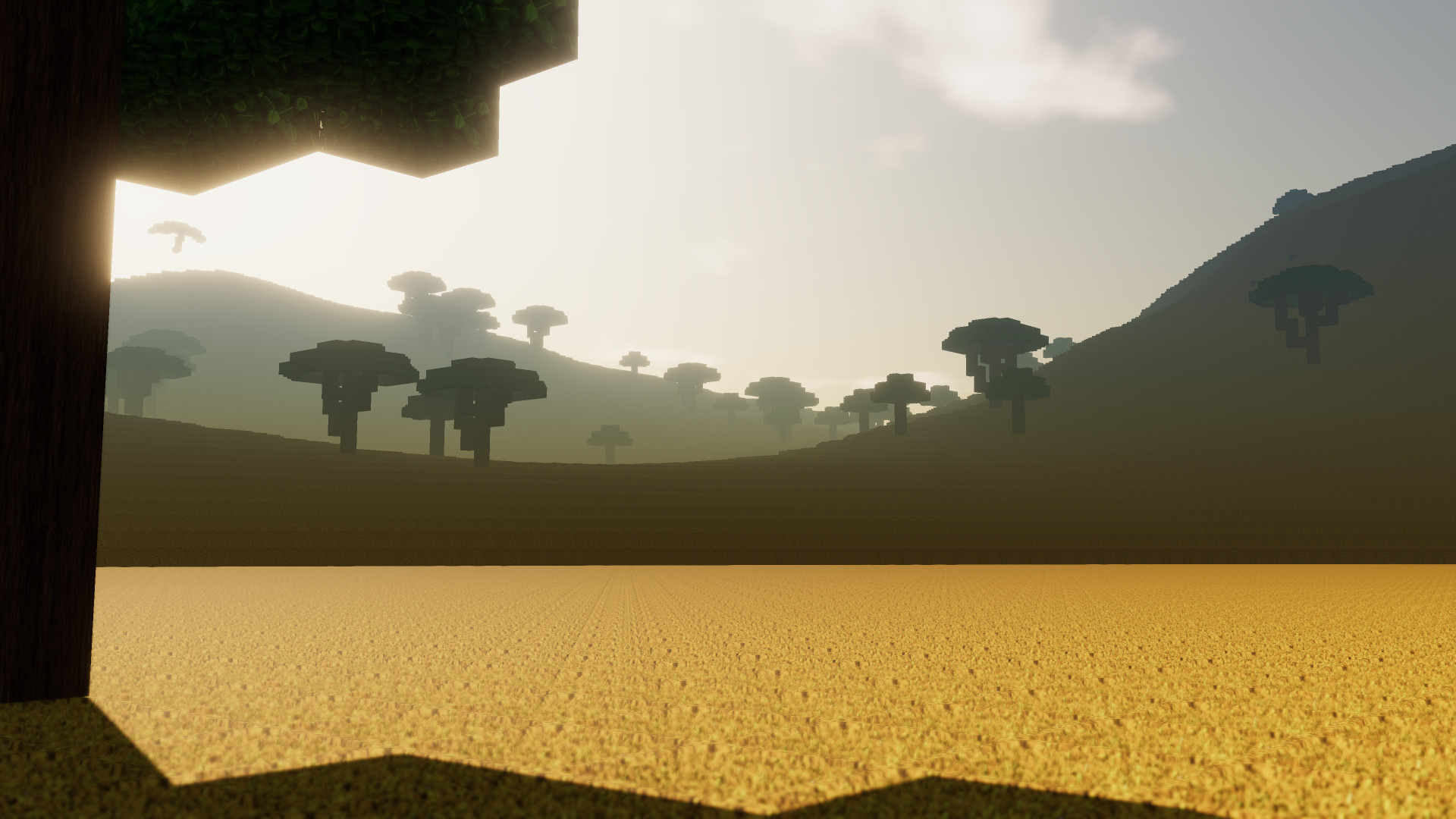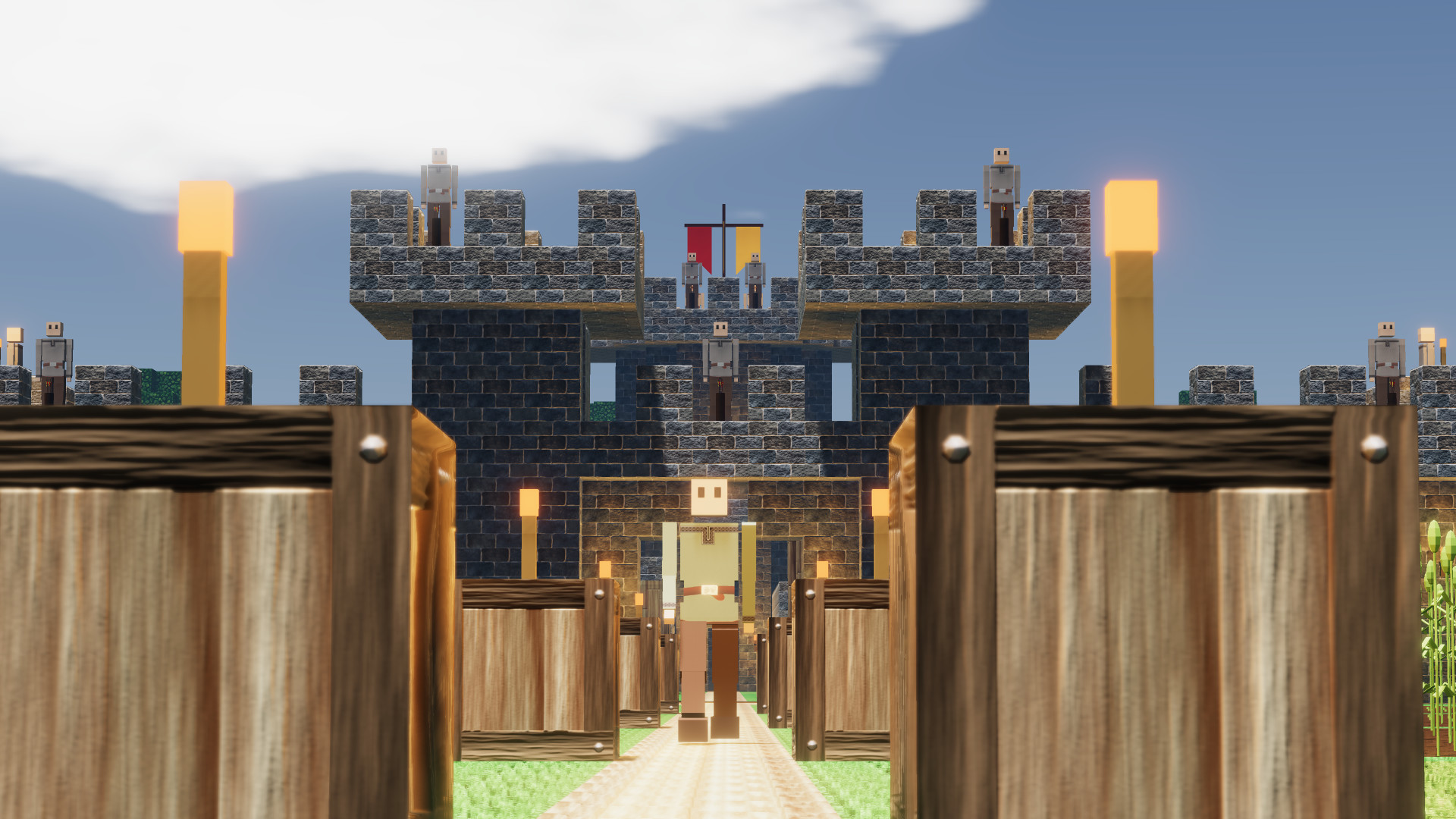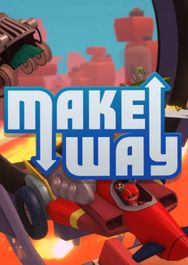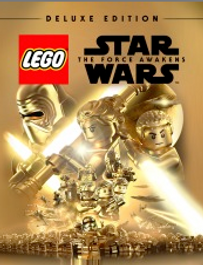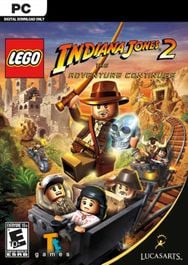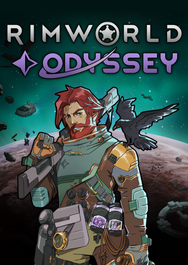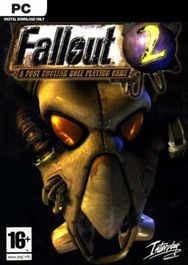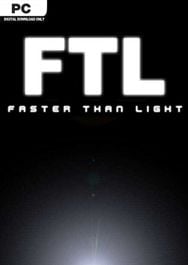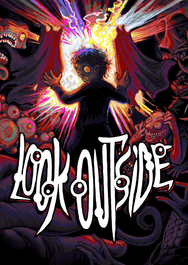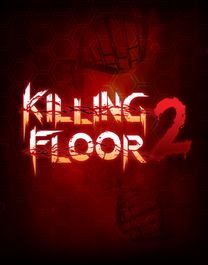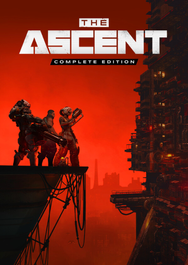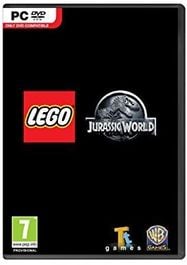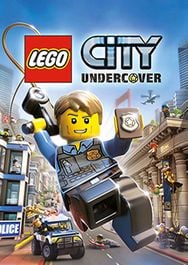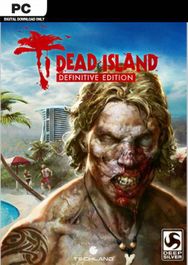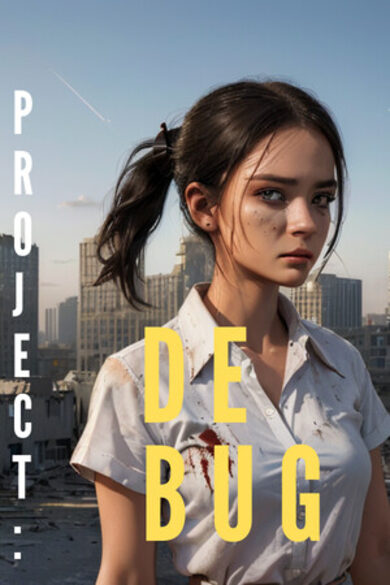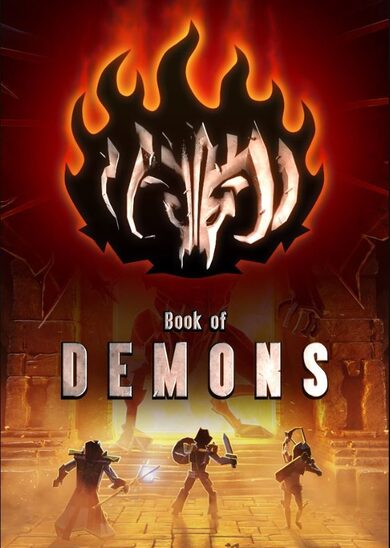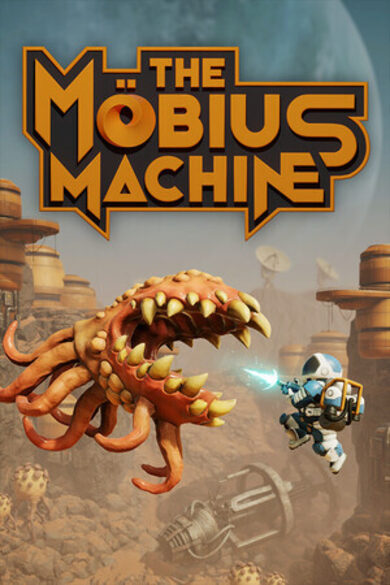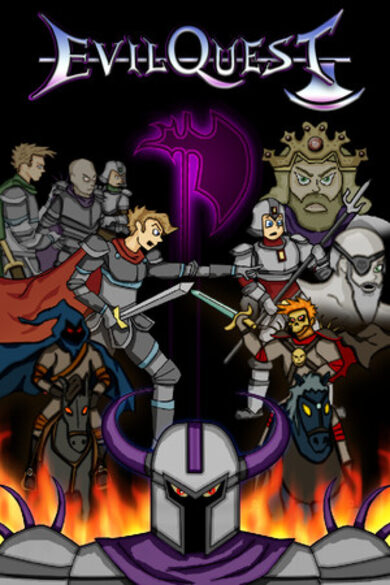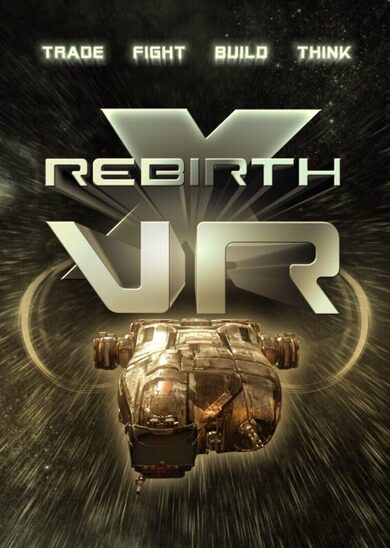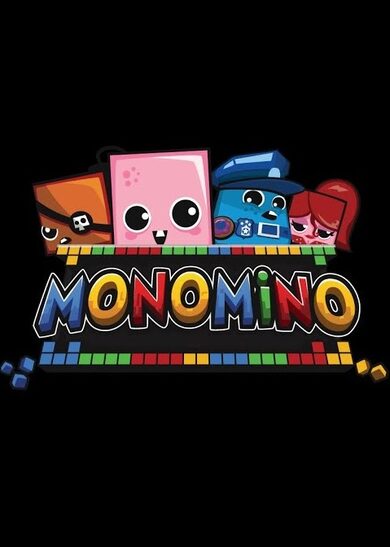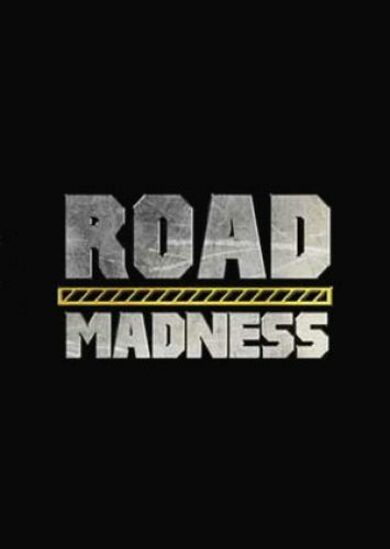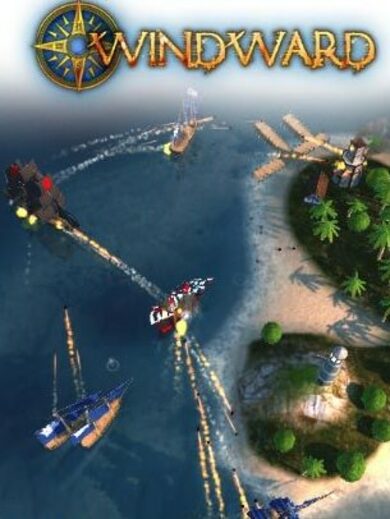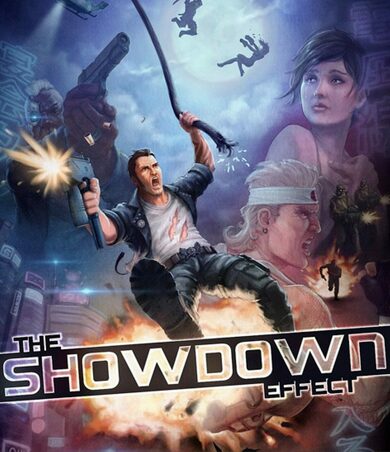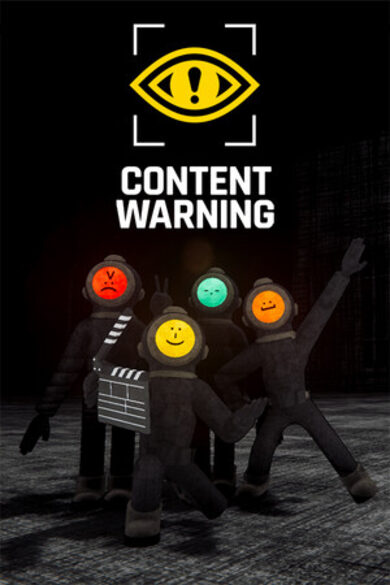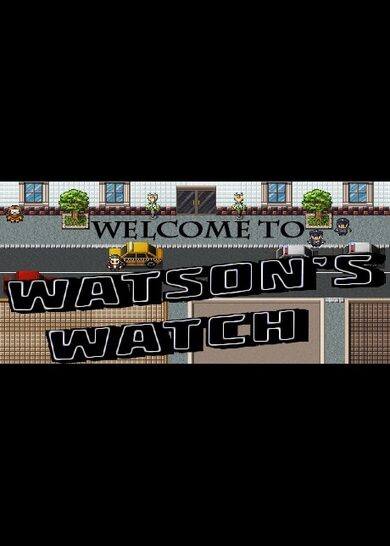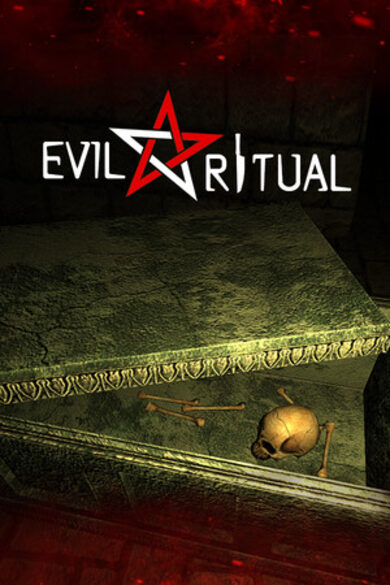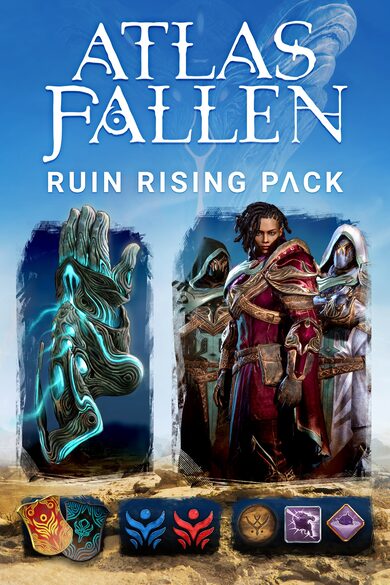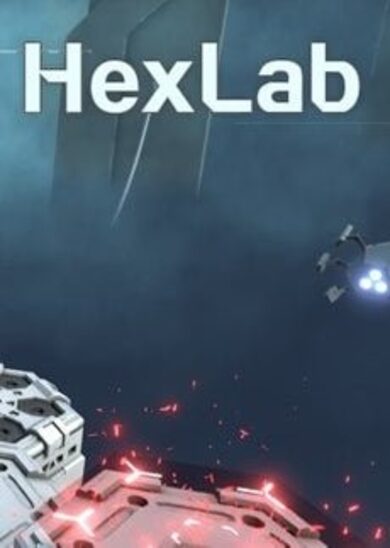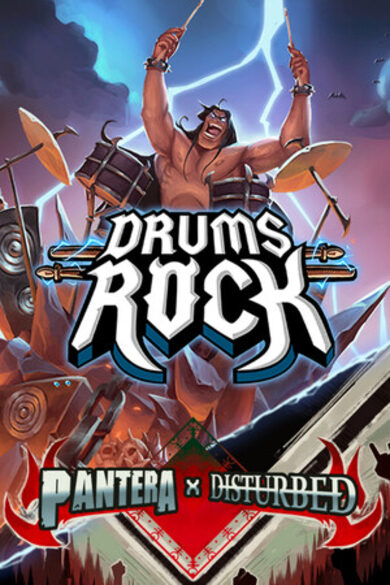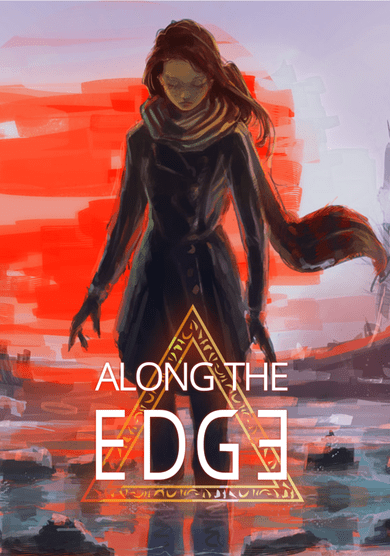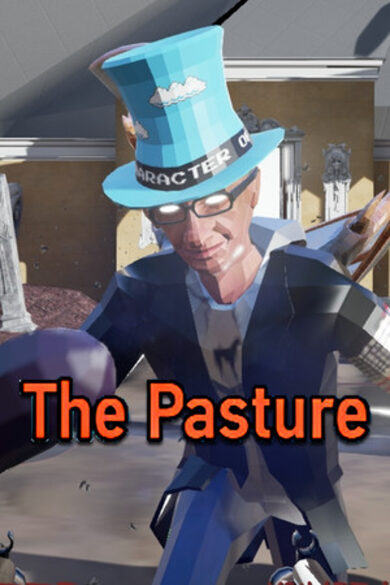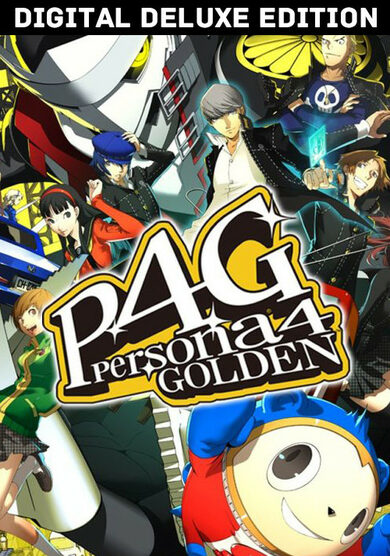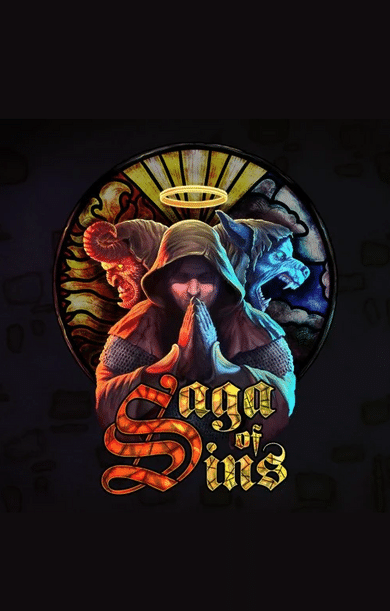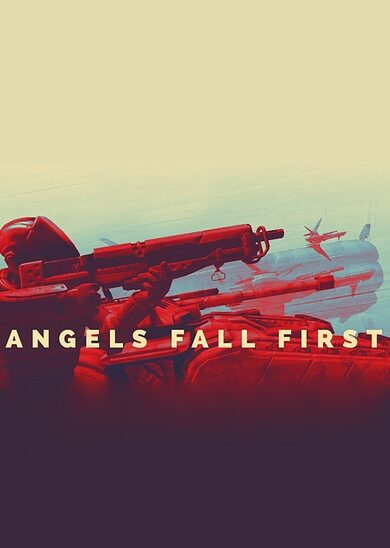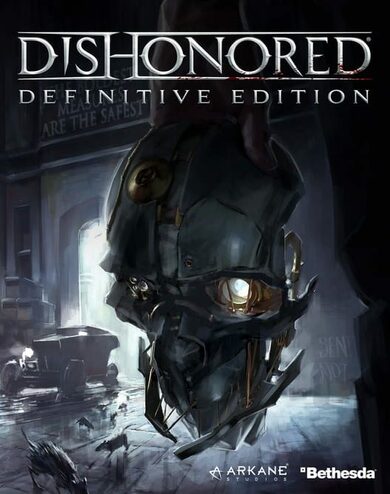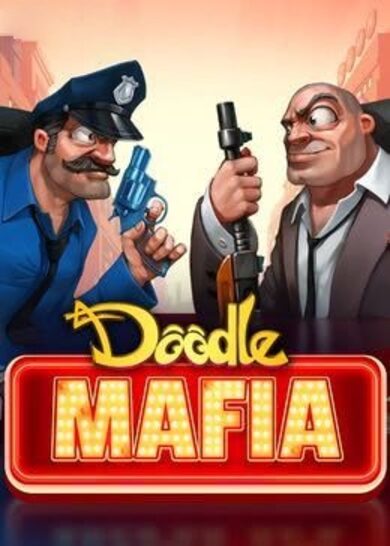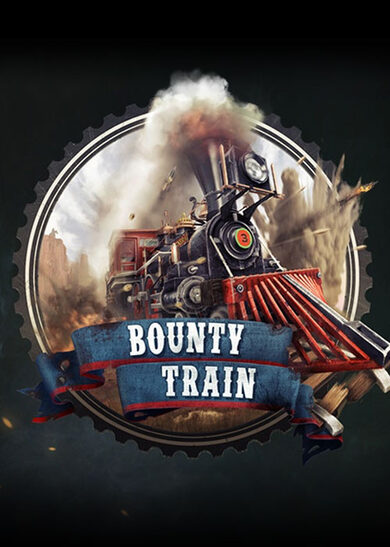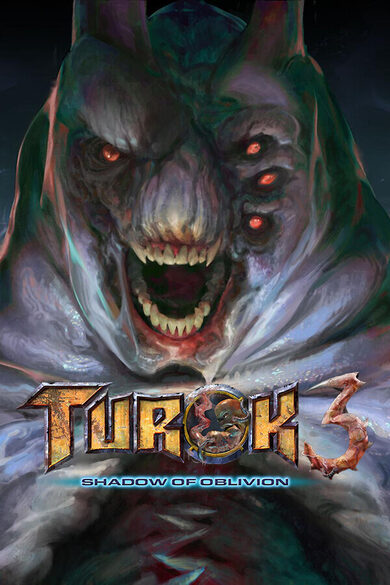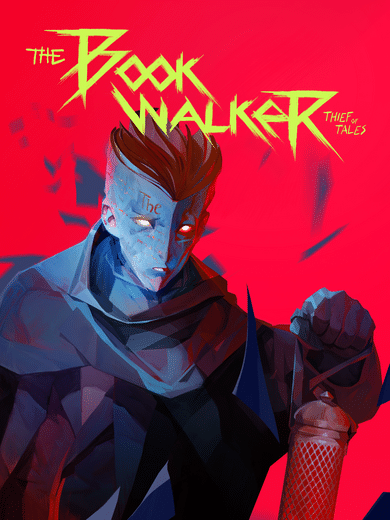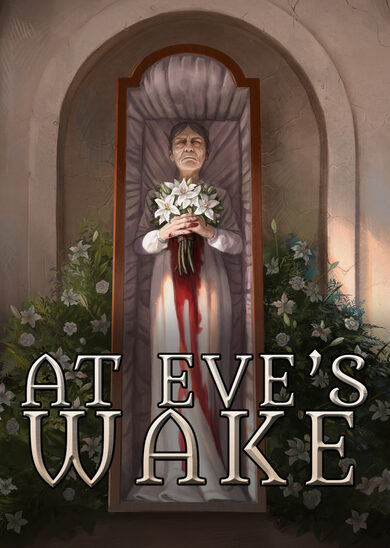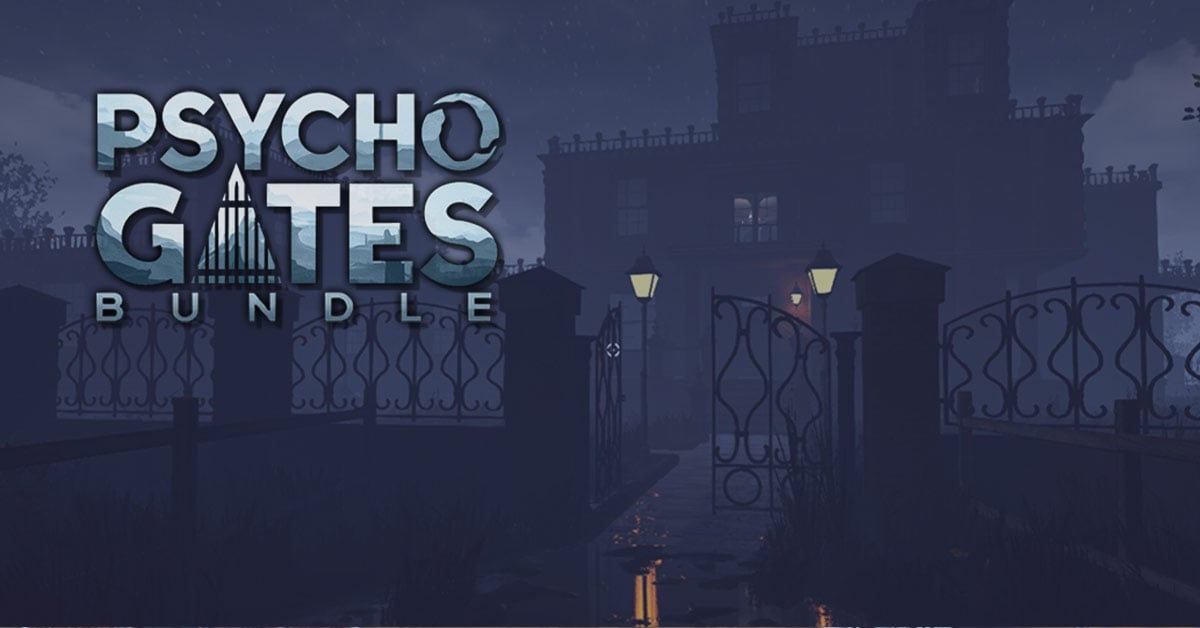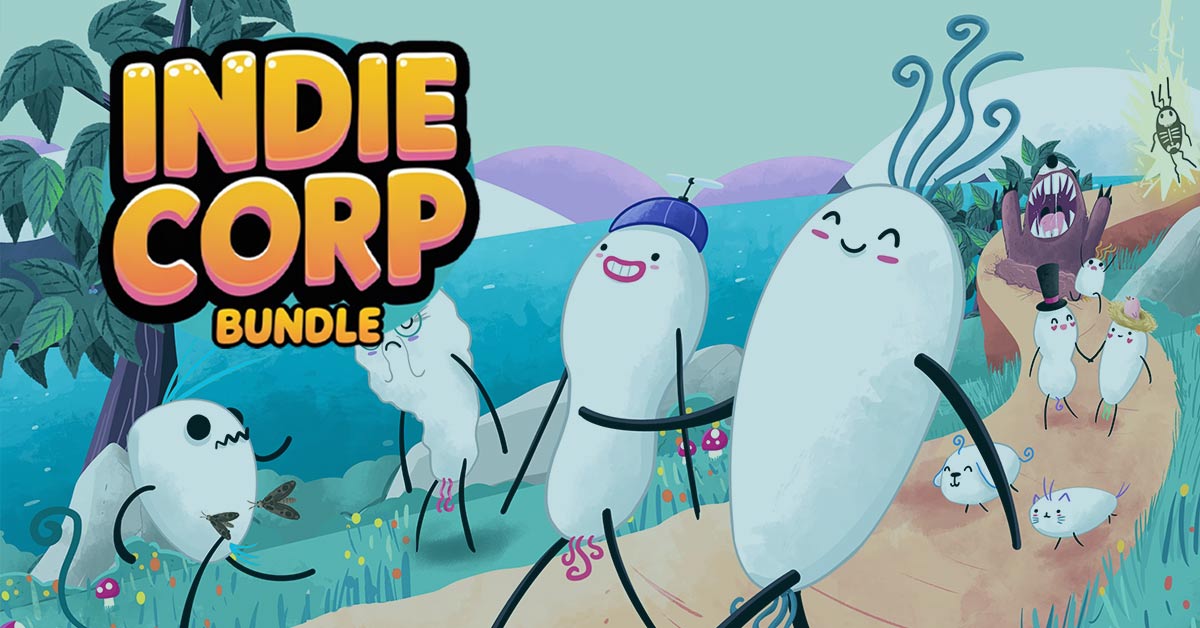- Multiplayer support: play with friends and strangers!
- Advanced pathfinding: colonists and zombies will find their way in the world you've build. They will dynamically navigate stairs, bridges and tunnels.
- Explore a world with realistically placed biomes. A giant jungle in the center of the world, surrounded by savannas, deserts and temperate biomes. Two polar regions in the far north and south.
- Support for textures and language packs created by players
- Dynamic lighting and eye adaptation
- Voice your suggestions and be part of the development of Colony Survival!
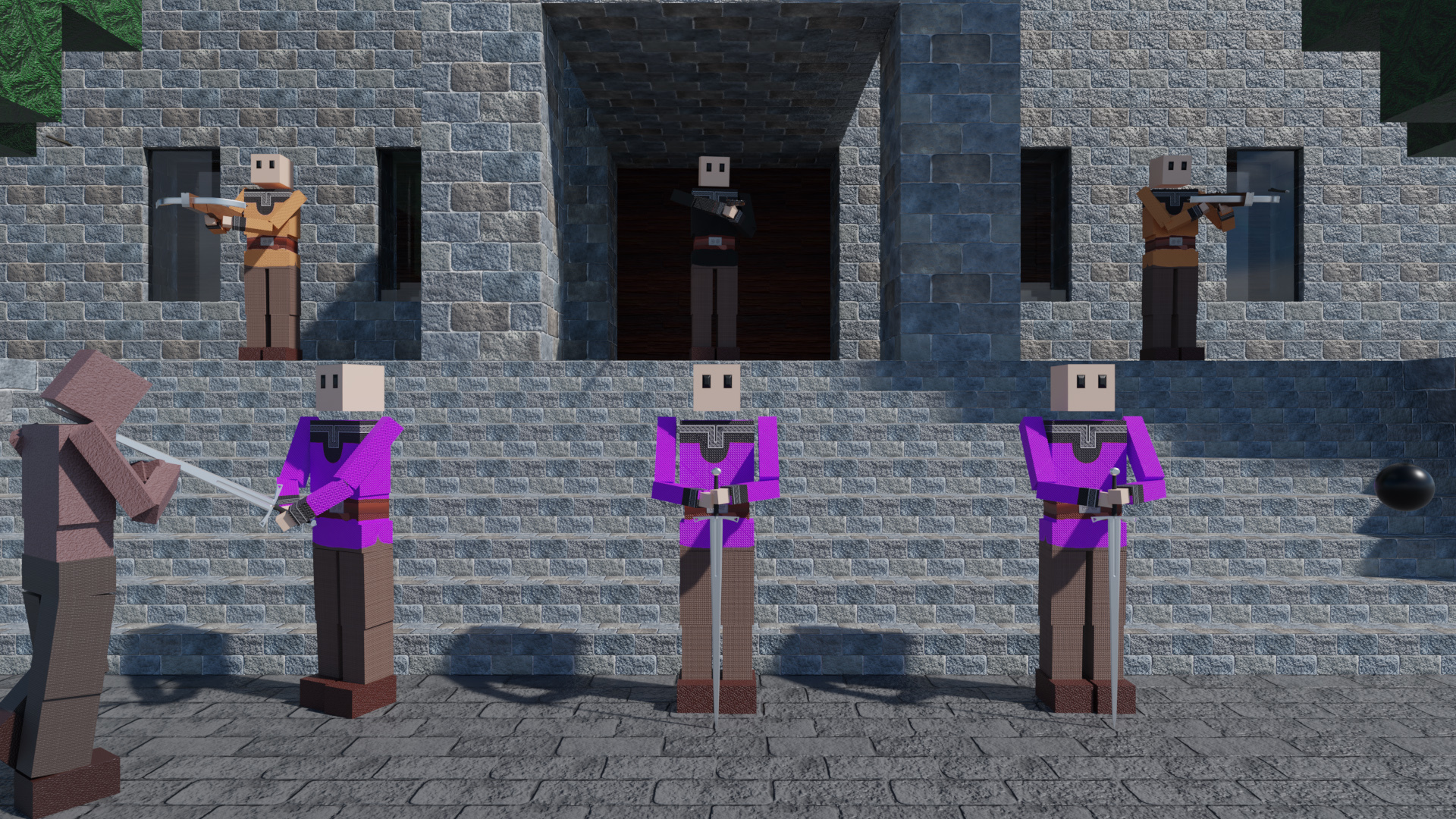
Fullscreen , an awesome render made by Lordis3D! Not in-game functionality, sadly
Until now, we've put most of our focus on new systems like the new world generation, multiple colonies and co-op. This week, we've turned our focus to all of the new content in 0.7.0: new jobs, new items and new science.
Old systems have to be changed to facilitate unique jobs and science in different biomes. Much of the old content was hard-coded. Zun has been working hard to convert the old systems to flexible and streamlined .JSON files. They can easily be accessed by us, players and modders alike.
The list of things that can be changed in these .JSON files is steadily growing. It's now possible to use them to:
- change the way the world is generated
- change how biomes look
- change the shape of trees
- add or change blocks/items
- generate specific complex block types easily (rotated blocks, 'job outlines')
- add science
- add or change player recipes
- add or change npc recipes
- add or change npc/zombie types
- add or change audio files
- add or change localization
- change textures
- add crafting jobs to blocks
- add guard jobs to blocks
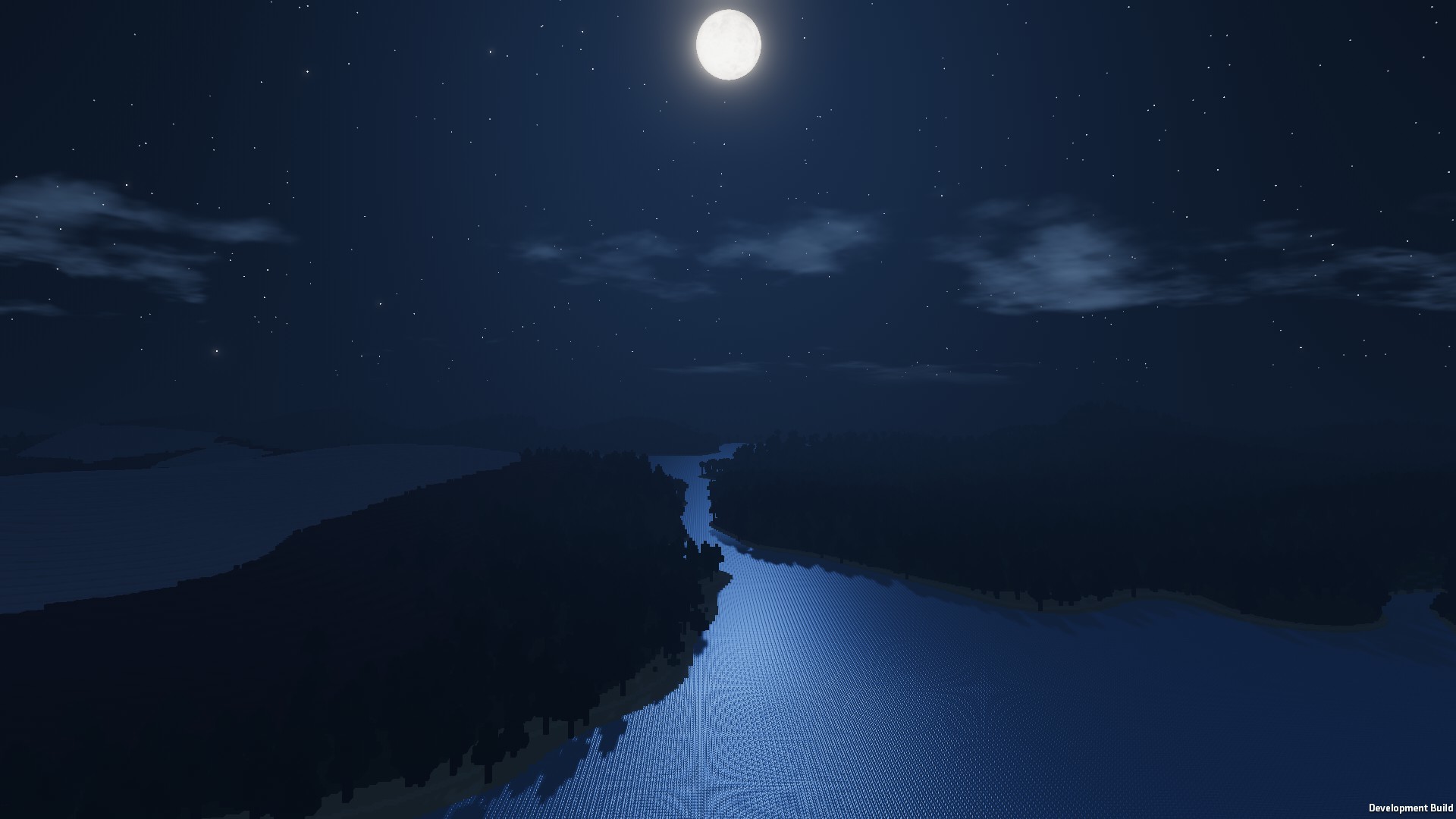
As both gamers and game developers, we have some pretty strong opinions about games and the way they ought to be priced and sold. We're noticing some pretty disappointing trends and we'd like to share our opinions about them.
Mods
We believe a great game is a sandbox which players can have lots of creative experiments in. Which doesn't mean every game has to be an open world game; I'd say the description above holds true for a more linear game like Portal.
Such a game is fun to explore within the constraints set by the developers, but it often holds a lot of potential for other kinds of fun. That's why cheats are awesome. We feel they were a lot more prevalent in the past. Who remembers 'rosebud', 'Photon Man' and JUMPJET?
Another way to greatly extend the amount of fun you can have with a game is mods. I've played lots of Third Age Total War . A brilliant game like Rising Storm was developed in cooperation with the modding community. Both Counter-Strike and Day of Defeat started out as mods for Half-Life.
It seems like big modern games are way more hostile towards mods than they were in the past. We feel the decline of both mods and cheats share a major cause: microtransactions. You can't sell XP boosters and swords with +5 damage if players can easily cheat or mod them into your game for free!
Microtransactions
They're fine in free-to-play games. I don't mind microtransactions for cosmetic items in multiplayer games. But pay-to-win multiplayer in a paid game is terrible, and microtransactions for important content you already bought are frustrating as well. As soon as a game introduces those microtransactions, the "grind" cannot be trusted anymore.
Many games contain some kind of grind, for XP, money or some other currency that can be spend on perks and upgrades. Grinds can be lots of fun if they're done well and there's a decent balance between time spent grinding and the rewards you're getting. But when microtransactions can be used to shorten the grind, the developers have a huge incentive to make the grind frustrating and annoyingly long. That instantly makes those games a lot less appealing to me.
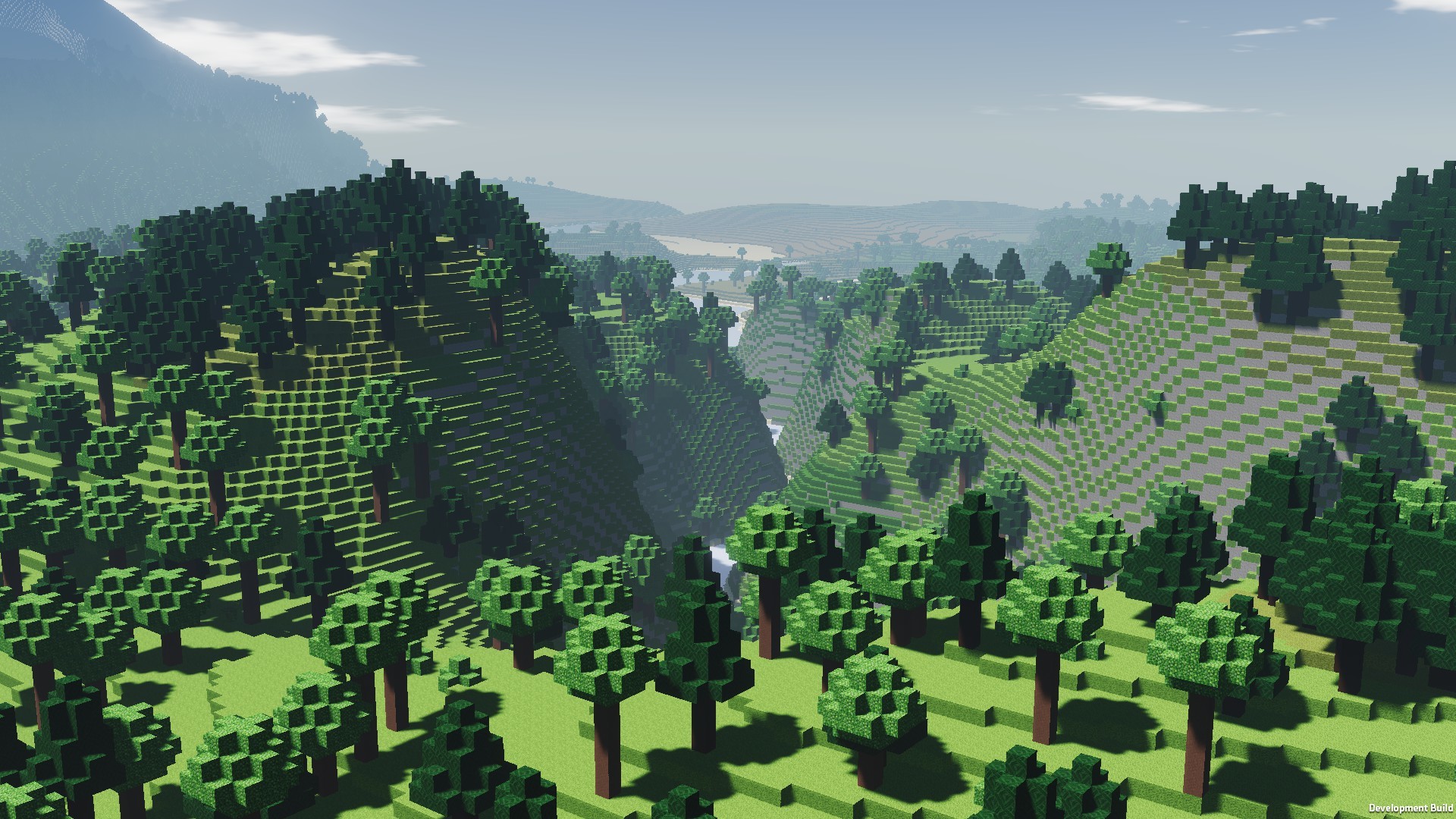
DLC
Good DLC is DLC that could have been sold on a disc. Episodes from Liberty City was great GTA IV DLC, Operation Arrowhead was great Arma II DLC. Both were released a significant amount of time after the full game and contain a good amount of new content. It feels like a decent expansion that you wouldn't mind traveling to a physical shop for.
But when a full-priced game has just been released and it already has multiple DLC packages available, it feels like they're trying to nickel-and-dime you to death. If it's a cosmetic outfit that was available as a pre-order bonus, okay, but if it contains significant amounts of content it just feels like a scam.
A yearly release cycle with season passes
We haven't played Red Dead Redemption 2 yet, but it has received a lot of praise and our moderator Vobbert is very enthusiastic. The game has been in development for eight years and it shows, the attention to detail is fantastic.
The opposite is releasing a reskinned, formulaic sequel every single year. $60 + $50 season pass + microtransactions. It feels like a cynical attempt to milk your cash cows. In the end, I don't even believe it really benefits the developers; for every person that is willing to buy the season pass, there might be two who are turned off from the entire game because of the exploitative business practices.
Rainbow Six Siege is a great example of modern, non-exploitative game development. The game is now nearly three years old but still actively supported with events and new content. The community isn't expected to repurchase the game every 12 months. New maps are released for free, new operators can be purchased with in-game money but they can also be bought with euros and dollars. There are no pay-to-win elements.
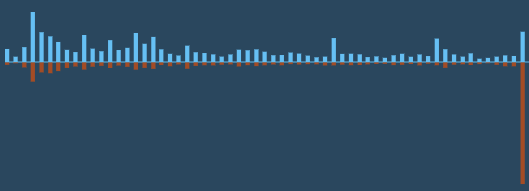
Review score
On every game's storepage on Steam, there are two big colored sentences that show how positive or negative the game has been reviewed by those who purchased it. Every sentence, every image on the storepage can be adjusted by developers, except for this. It gives the community the opportunity to confirm that what's said on the storepage is pretty true and accurate, or that there are big problems beneath the surface.
I notice that I rely pretty heavily on user reviews when making purchase decisions, especially on Steam. It's a very useful system for customers, but it can be painful for developers. You'd rather not have "Mostly Negative" in big red letters next to your title.
In recent times, I've seen big franchises that I had expected to receive negative reviews choose not to release on Steam. Of course there are valid reasons to choose for other platforms, but expecting negative reviews and wanting to hide them is not one of them.
Although it is understandable that developers want to hide negative reviews, it is beneficial for customers that they are prominently visible. We hope that reviews stay visible, and we hope that ours stay positive. Knocking on wood now :)
What it means for Colony Survival
We expect to keep developing the game into 2020. Those who've purchased the game now will receive all new content for free, but the price of the game might increase to $25 after a big update. We won't add a microtransaction store with XP boosters and science bags available for real life money. We'll keep supporting modders. We're focusing on creating the best game we can make, instead of extracting as much money as possible from gamers. We hope this will be the most successful strategy in the end. It has been working pretty well up to this point :)

Programming Progress
In the past few months, I've been learning some basic C#. In recent weeks, I've been trying to apply these skills in Unity. The first steps were pretty hard, but it was a lot of fun when I finally got the hang of it. I'm sticking with simple interfaces for now, instead of more game-like programs, but I'm happy with the progress I'm making. If anyone needs help on how to start programming, join the Discord and @Pipliz me!
What's your opinion on good game development? How should games be priced and sold? Have you got any advice or criticism on how we approach things? Let us know here or on Discord!
Reddit // Twitter // YouTube // Website // Discord
Minimum Setup
- OS: Ubuntu 12.04+. SteamOS+; 64-bit
- Processor: Intel Pentium G620 (2.5 Ghz dual core) or equivalentMemory: 2 GB RAM
- Memory: 2 GB RAM
- Graphics: Intel HD Graphics 5000. 1280x720 display
- Storage: 300 MB available spaceAdditional Notes: Work in progress: new features may raise the bar. optimizations may lower the bar
Recommended Setup
- OS: Ubuntu 12.04+. SteamOS+; 64-bit
- Processor: Intel i5-2300 (2.8 GHz quad core) or equivalentMemory: 4 GB RAM
- Graphics: Nvidia GTX 750 or equivalent. 1920x1080 display. supporting openGL 4.2+Network: Broadband Internet connection
- Storage: 1 GB available spaceAdditional Notes: Work in progress: new features may raise the bar. optimizations may lower the bar
[ 6387 ]
[ 5792 ]
[ 3327 ]
[ 2497 ]
[ 1732 ]
[ 1040 ]
[ 32822 ]
[ 863 ]
[ 45577 ]


